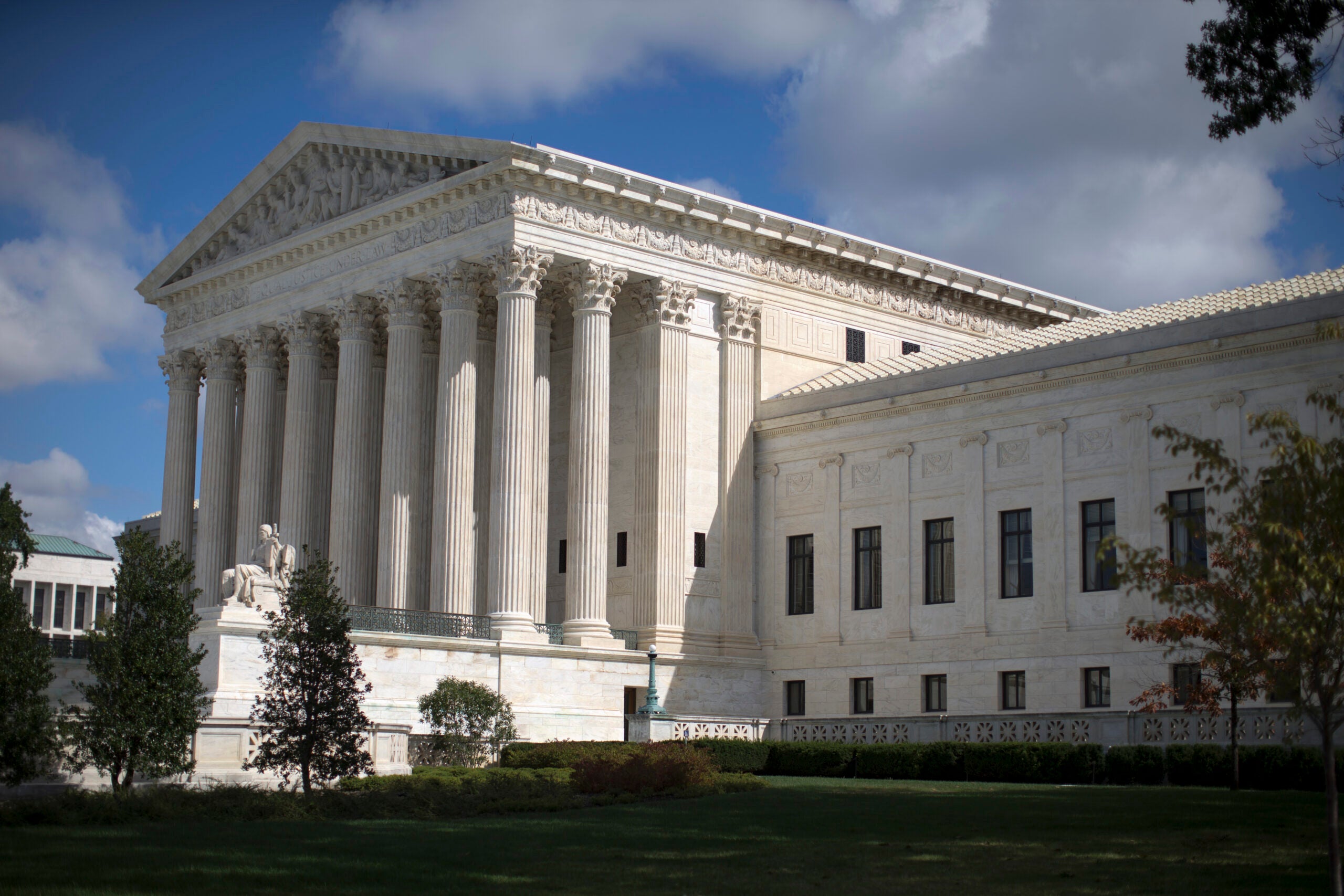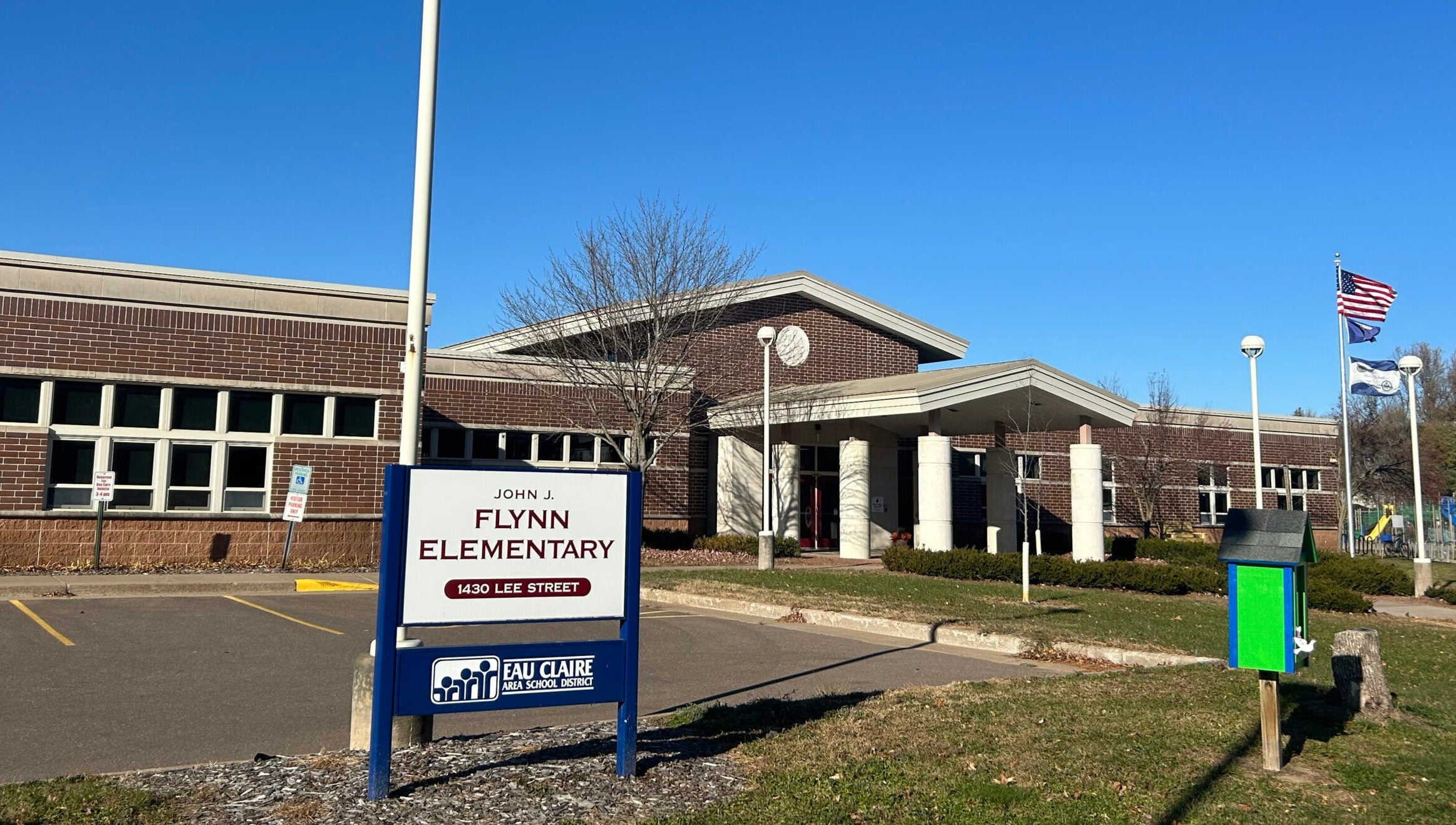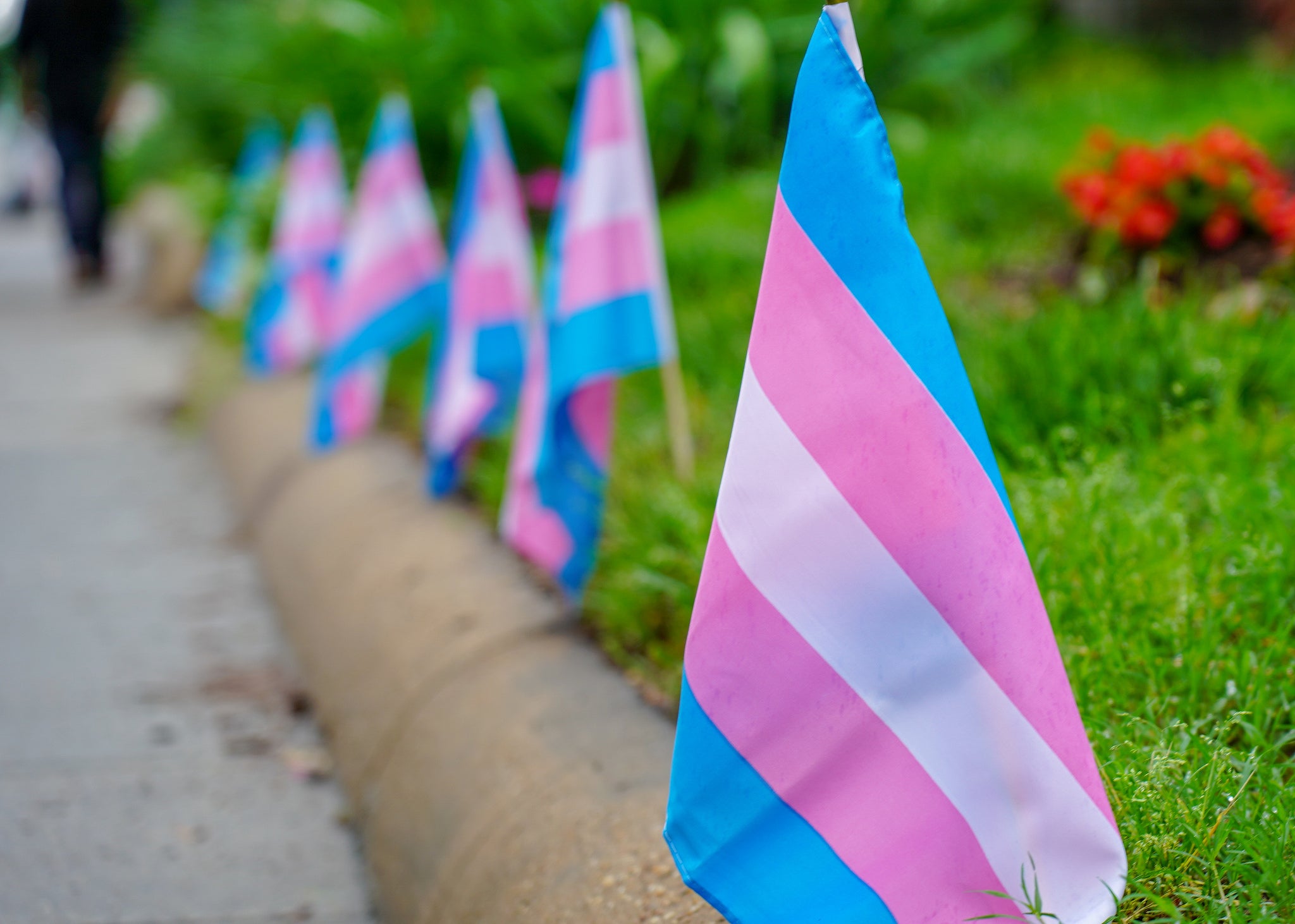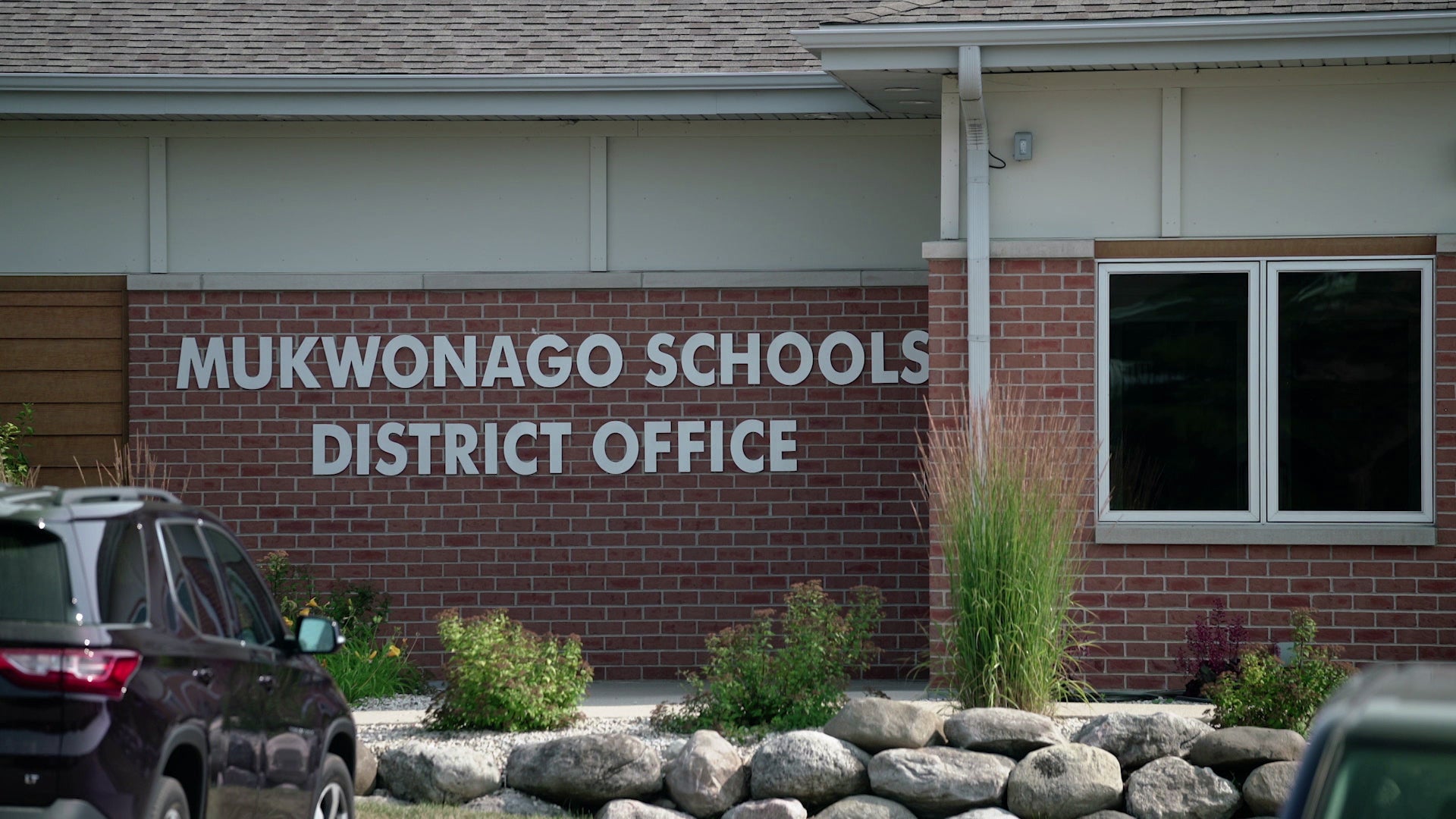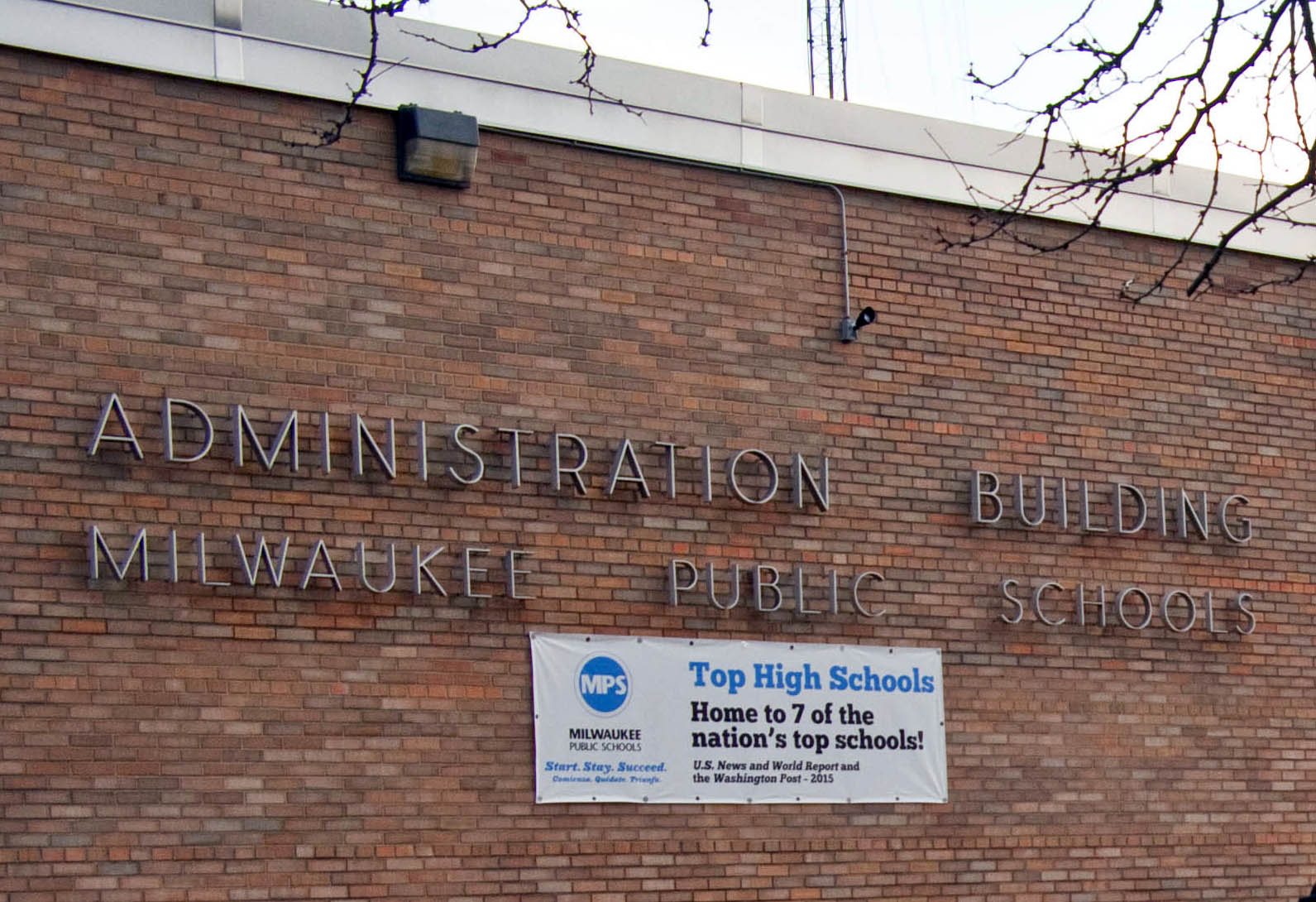The U.S. Supreme Court on Monday rejected an appeal from Wisconsin parents challenging the Eau Claire Area School District’s gender support policy.
The justices left in place an appellate court ruling dismissing the parents’ lawsuit. Three of nine justices, Samuel Alito, Brett Kavanaugh and Clarence Thomas, would have heard the case.
The lawsuit, filed in 2022 by a group called Parents Protecting Our Children, alleges an Eau Claire Area School District gender support plan violates parents’ constitutional rights because it doesn’t require them to be notified if a student asks about changing their names and pronouns, using different bathrooms or playing on sports teams that match their gender identity.
News with a little more humanity
WPR’s “Wisconsin Today” newsletter keeps you connected to the state you love without feeling overwhelmed. No paywall. No agenda. No corporate filter.
In March, the Seventh Circuit U.S. Court of Appeals sided with a lower federal court decision from the previous year and dismissed the case.
The order, written by Magistrate Judge Stephen Crocker, stated that while it’s clear parents have genuine concerns, neither the parents nor their children were affected by the policy.
A petition for a writ of certiorari filed by the conservative Wisconsin Institute for Law and Liberty, or WILL, and America First Legal asked the justices to determine whether parents have legal standing to challenge “an explicit policy to usurp parental decision making” and to “conceal this from parents.”
Eau Claire School Board President Tim Nordin said he’s glad the case is behind them, so the district can focus on educating students.
“As a district we are always trying to do our level best to help our students and families,” Nordin said. “We’re going to just continue to work through our district mission of helping students to lead creative, fulfilling and responsible lives.”
In a statement, WILL attorney Luke Berg said despite this denial, the fight for parents’ rights will continue in Wisconsin and across the country.
“Thousands of school districts across our country have these policies and it has become an important part of our work at WILL,” Berg said. “If parents cannot challenge them until after their children are harmed, they have no way to protect their kids other than pulling them from public school.”
Sixteen Republican-led states urged the high court to take up the parents’ case.
Alito wrote the dissenting opinion, describing the case as having “great and growing national importance.”
“Whether a public school district violates parents’ ‘fundamental constitutional right to make decisions concerning the rearing of ‘ their children when,
without parental knowledge or consent, it encourages a student to transition to a new gender or assists in that process,” Alito wrote. “We are told that more than 1,000 districts have adopted such policies.”
“Administrative Guidance for Gender Identity Support” encourages transgender students to reach out to staff members with concerns and instructs employees to be careful who they talk to about a student’s gender identity, since not all students are “out” to their families.
Brian Juchems, senior director of education and policy at LGBTQ+ advocacy group GSAFE, believes the Supreme Court was right in its decision not to hear the case.
“It was another example of some families trying to dictate for all families how schools should do their work to make sure kids feel safe, available for learning, and alive,” Juchems said. “No family is exactly the same, and the one-size-fits-all approach advocated by the plaintiffs and their legal counsel sets up schools to harm students and families.”
Wisconsin Public Radio, © Copyright 2025, Board of Regents of the University of Wisconsin System and Wisconsin Educational Communications Board.

